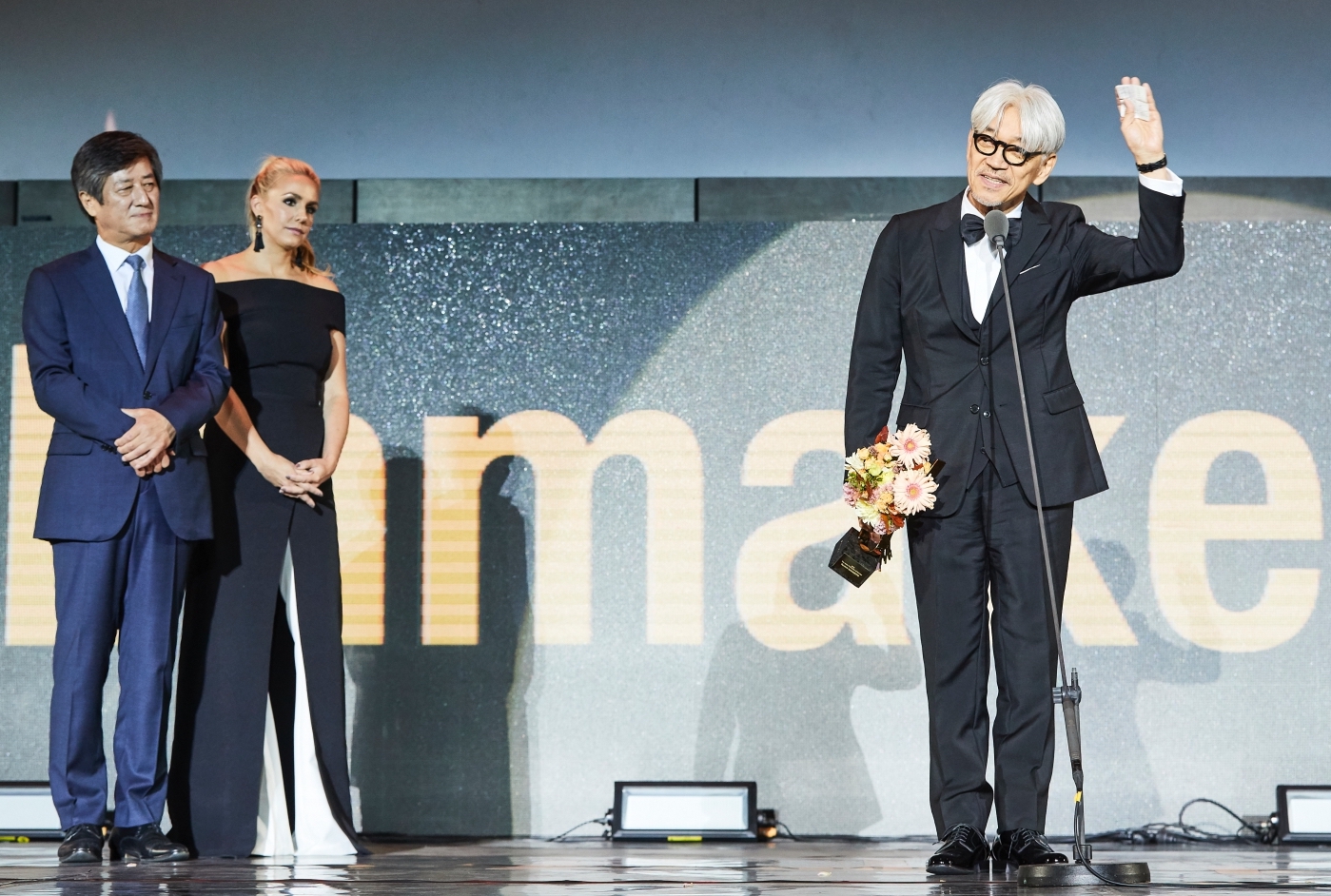The 23rd edition of the Busan International Film Festival (BIFF) opened Oct. 4 as Typhoon Kong-rey approached the South Korean port city. When the storm peaked on Saturday morning, some public events were cancelled, but the screenings continued and were still packed with press, industry people and, most importantly, film fans — the core reason for BIFF’s reputation as the most vital film festival in Asia.
The typhoon also provided a fitting metaphor, with Variety magazine saying that in 2018 BIFF has returned to “normality” after three years of being “buffeted by a political storm.” Many people doubted that the festival would survive calls by the city’s former mayor to get rid of its top brass because of BIFF’s liberal leanings. But that mayor is gone, along with the equally conservative president, Park Geun-hye. The festival is back in the hands of two founders — Jay Jeon and Lee Yong-kwan — and sponsors who were spooked by the political turmoil have returned.
At first, the cautious rapprochement between North and South Korea seemed to overshadow the festival, but it also offered up a theme. The opening film — Jero Yun’s “Beautiful Days” — is about a family of refugees from the North living in China and South Korea. Busan Mayor Oh Keo-don did not attend the opening ceremony, but sent a video message from Pyongyang, where he was part of South Korea’s diplomatic mission. He suggested that in the future there should be an “inter-Korea film festival.”
















With your current subscription plan you can comment on stories. However, before writing your first comment, please create a display name in the Profile section of your subscriber account page.